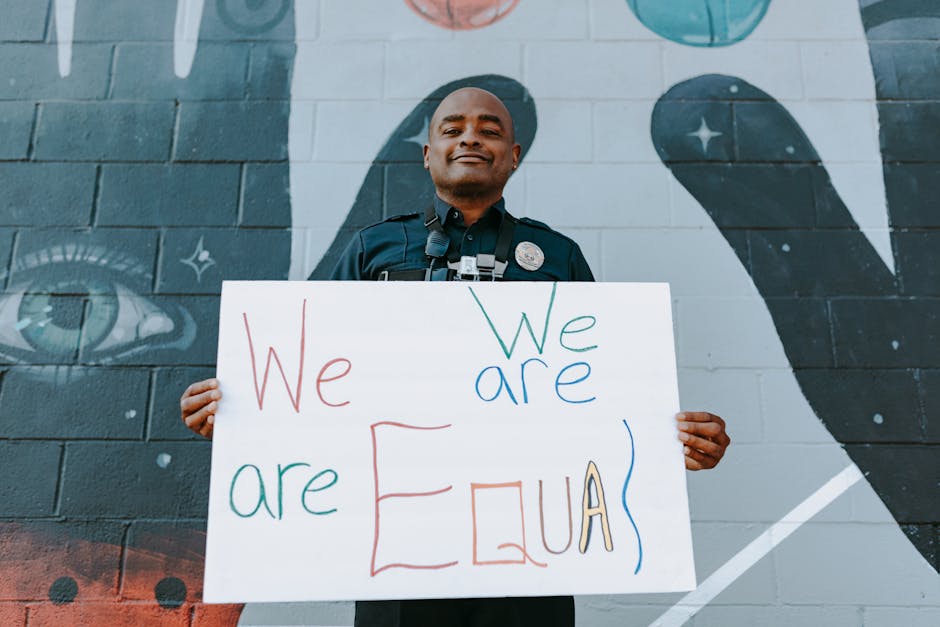The pursuit of justice transcends geographical boundaries and cultural differences. International law, a complex and evolving body of rules and norms, strives to establish a framework for equitable relations among nations and individuals. However, the question of whether universal principles of justice underpin this framework remains a subject of ongoing debate. A critical examination reveals both the compelling arguments for universality and the significant challenges inherent in its application.
Different conceptions of justice form the bedrock of this inquiry. In many legal systems, concepts like fairness, equality, and accountability are seen as fundamental pillars. These ideals, seemingly universal, manifest differently across cultures. This inherent tension between the aspiration for universality and the reality of cultural diversity underscores the difficulty in crafting truly universal principles of justice in international law.
A key consideration is the historical development of international law. Early iterations of international law were largely confined to the interactions between sovereign states. The concept of individual rights, as enshrined in contemporary international law, emerged gradually. This evolutionary trajectory reflects the shifting understanding of justice in the global arena, with evolving notions of individual dignity and responsibility shaping the field.
A critical aspect to examine is the role of international human rights law. Declarations and treaties, like the Universal Declaration of Human Rights, attempt to articulate fundamental rights universally applicable to all individuals, regardless of nationality or background. These instruments, while aspirational, face implementation challenges due to differing interpretations and varying capacities of states to uphold them.
The effectiveness of international legal mechanisms is also a significant factor. Courts like the International Criminal Court (ICC) strive to bring perpetrators of war crimes and genocide to justice. Yet, the ICC’s jurisdiction and ability to prosecute powerful nations remain contested, highlighting the limitations of current mechanisms in enforcing universal principles of justice.
The pursuit of a universal standard of justice in international law requires careful navigation of diverse moral and ethical frameworks. Philosophical traditions, ranging from utilitarian ethics to deontological perspectives, provide different approaches to justice. Western-centric notions of justice may not resonate universally, and a truly comprehensive framework needs to acknowledge and incorporate various viewpoints. This inclusivity is essential to avoid imposing a particular cultural or ideological lens on the concept of justice.
The relationship between international law and state sovereignty poses another considerable obstacle. International law often seeks to constrain state actions, potentially encroaching on the perceived prerogatives of national governments. This tension arises when the protection of universal principles conflicts with national interests, necessitating the balancing of these concerns.
The concept of ‘just war’ theory, despite its antiquity, remains relevant. International law grapples with the conditions under which the use of force is permissible. The pursuit of justice, in this context, often involves intricate considerations of self-defence, humanitarian intervention, and the prevention of mass atrocities. There is no consensus on what constitutes a just war, and the legitimacy of intervening in the affairs of other states remains a highly contested issue.
Economic justice is another critical element. The global economic order, shaped by trade agreements and financial institutions, has significant implications for the realization of justice. Are current arrangements conducive to equitable distribution of resources, or do they perpetuate inequalities among nations and individuals? The disparity between developed and developing nations is a key factor in assessing the fairness of the global economic system and its alignment with universal principles of justice.
The evolving understanding of environmental justice also provides a crucial lens. The interconnectedness of human actions and the environment underscores the need for global cooperation. Addressing climate change and other environmental challenges demands a just approach that considers the needs of present and future generations, transcending national borders and promoting sustainable development.
In conclusion, while a universally accepted and comprehensive set of principles of justice in international law remains an aspiration, various elements contribute to the ongoing debate. The evolving nature of international relations, the diversity of cultural perspectives, and the limitations of enforcement mechanisms all pose significant challenges. Nevertheless, the pursuit of such principles is essential for establishing a more equitable and peaceful world order. As the global landscape continues to change, international law must adapt and refine its approach, acknowledging the multifaceted nature of justice and its implications for all stakeholders. The path towards universal justice in international law is long and complex, yet the pursuit itself is a testament to humanity’s ongoing quest for a more just global society.
